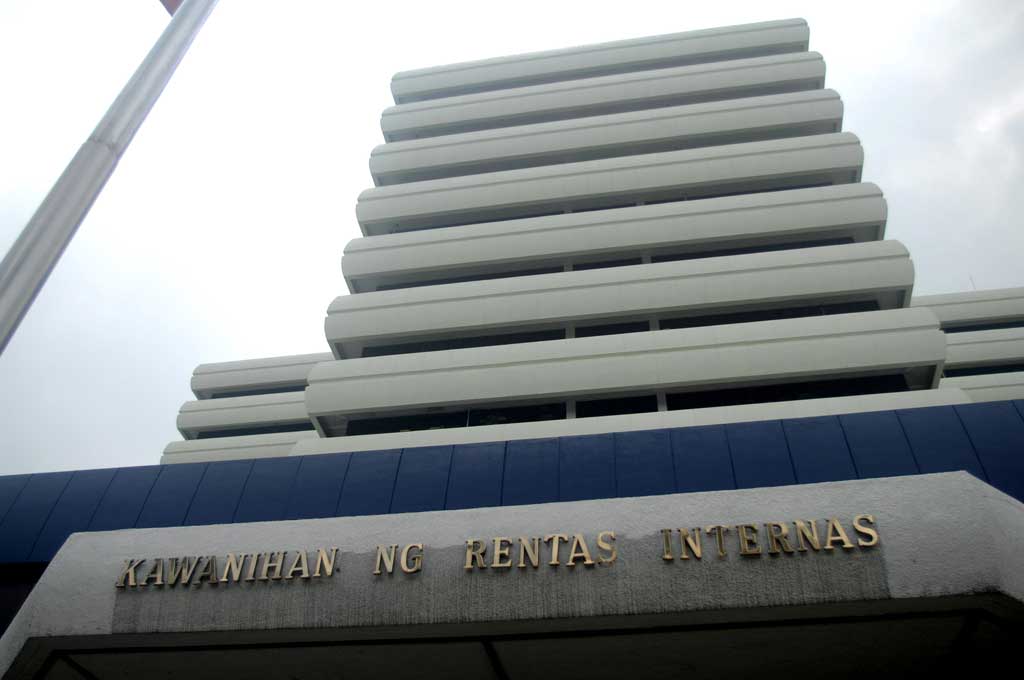- Forget grinding 24/7 or having the highest IQ in the room. The most powerful billionaires and CEOs know exactly when to cut corners—and how to use their time better than anyone else, the career coach to the Fortune 500, Bill Hoogterp, reveals.
Bill Hoogterp has spent decades advising celebrities, CEOs, and rising stars inside some of America’s most powerful boardrooms. Through his coaching firm, LifeHikes, he’s helped more than 700,000 professionals level up their communication and leadership skills—and personally worked one-on-one with “thousands” of executives, many of whom appear on Fortune’s most powerful lists.
But if you think the secret to their success is raw intelligence or long hours, you’d be mistaken. According to Hoogter, one of the most consistent—and perhaps surprising—qualities shared by the ultra-successful is laziness.
“I would say there’s a juxtaposition of almost counterintuitive traits,” he tells Fortune. “Most successful people, if you meet most famous politicians, they weren’t necessarily the A students. They aren’t necessarily the smartest.”
“What most CEOs have—that almost nobody else has—is that their ambition is way over the top. Now, if you combine that with lazy, you create a really nice blend because if you’re really, really hungry to get success, but you’re always looking for shortcuts, the combination of those two things leads to lots of little breakthroughs.”
By lazy, he doesn’t mean they’re kicking up their feet and taking a “quiet vacation” instead of grinding. “They’re like: ‘How can I get this done faster, easier, better, and have time and energy for other things?’” Hoogterp explains.
Tried and tested shortcuts for success: No big meetings, acronyms or one-to-ones
Plenty of high-profile founders embody Hooterp’s paradoxical formula. They’re not cutting corners to coast—but to outsmart the competition, innovate faster and remain agile in a fast-moving market.
Perhaps the most famous example of this is Meta’s Mark Zuckerberg, who famously coined move fast and break things when scaling Facebook into the $1.8 trillion social media giant it is today.
Likewise, Jeff Bezos’ top career advice for his once right-hand man, Greg Hart, was literally to do less himself and delegate more to his employees. “The fewer decisions that have to go to the CEO, the faster the organization will move,” the billionaire Amazon founder told him.
Nvidia CEO and co-founder Jensen Huang doesn’t have one-to-one meetings with his 60 direct reports—and it’s a deliberate shortcut to innovation. Not only does it save time in their schedules, but more importantly, it ensures ideas and problems aren’t siloed in private conversations. “In that way, our company was designed for agility—for information to flow as quickly as possible,” he said.
Then there’s Elon Musk, who has a whole list of time-saving and corner-cutting rules for staff, including a ban on big and frequent meetings, no chain of command or acronyms, and an encouragement to walk out of unnecessary conversations. “Walk out of a meeting or drop off a call as soon as it is obvious you aren’t adding value,” the Tesla boss outlined. “It is not rude to leave, it is rude to make someone stay and waste their time.”
Brains alone won’t get you to the top—or even hired
Hooterp’s claim that the most successful aren’t the smartest doesn’t just apply to CEOs. It’s a theme echoed when it comes to hiring too. Countless CEOs and founders have said that they value attitude over aptitude.
Amazon’s AI boss exclusively told Fortune that stumbling your way through an interview question won’t cost you the job. But being fake will. Andy Jassy, the company’s CEO (and his boss), has similarly shared that attitude is the make-or-break trait that’ll determine your success—especially, he says, in your 20s.
Likewise, Cisco’s U.K. chief focuses on whether a potential new hire has a positive energy and can-do attitude because, she says, that can’t be taught. “It’s more about the person first and foremost than it is about skills or experience,” Sarah Walker told Fortune.
And they’re far from alone: About 80% of the Fortune 500 use personality tests in hiring, as well as tech giants like Amazon, Meta and Microsoft.
A positive attitude is so important that some chiefs would rather remain understaffed than risk having a bad apple spoil the bunch. As Duolingo’s CEO told Fortune, “it’s better to have a hole than an asshole.”
This story was originally featured on Fortune.com

 4 hours ago
1
4 hours ago
1






















 English (US) ·
English (US) ·